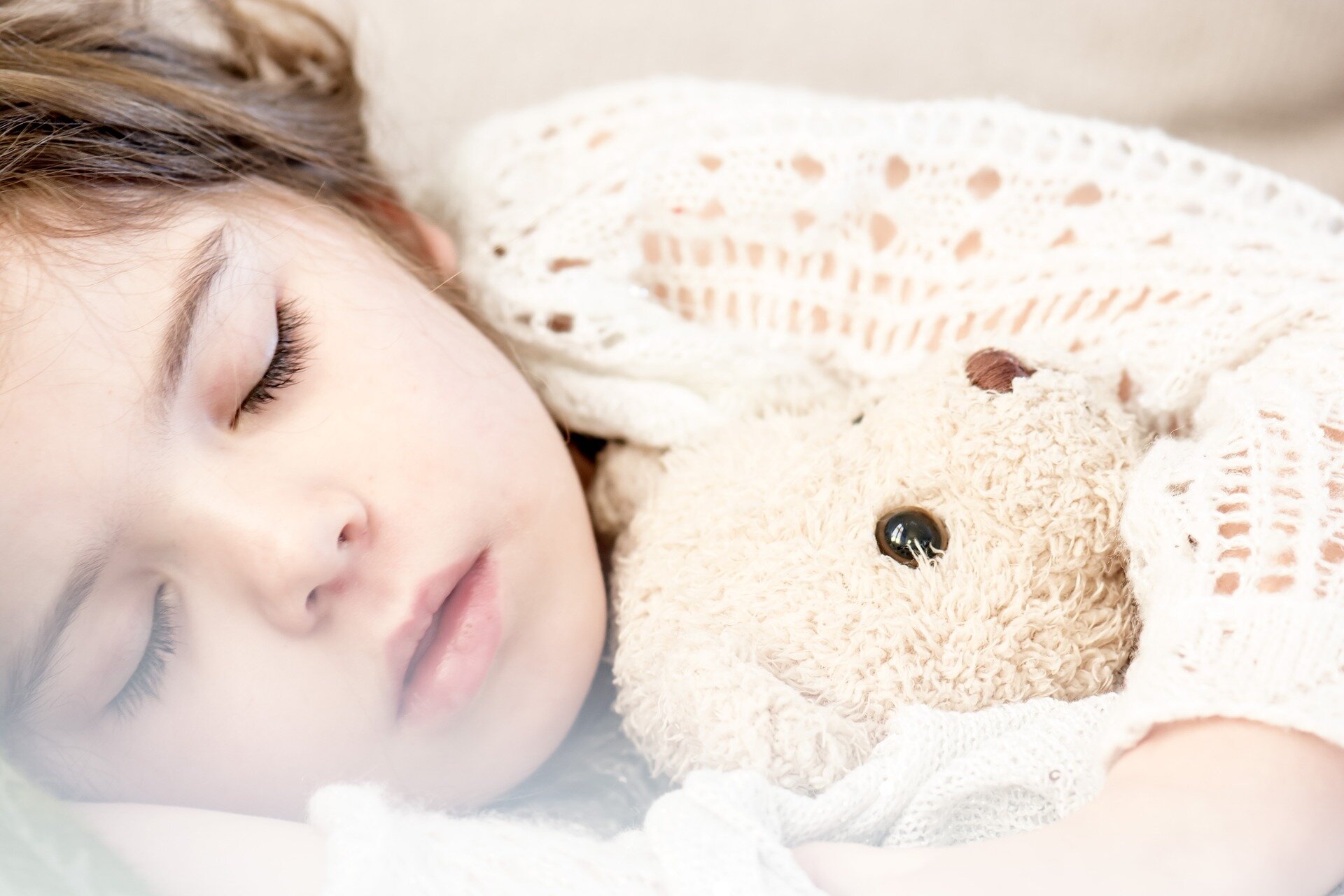As we get ready for school to start for the 2021 school year, let’s take a look at some ways that we can get ourselves and our children ready by adapting our sleep schedule back into early-rise mode. Sleep hygiene is a term that you may have heard; it has gained popularity as more and more people discover it and what it actually means.
Sleep hygiene is loosely a term applied to behaviors and environmental factors that are used to help one fall asleep more quickly and sleep more effectively. Sleep is of course incredibly important for all people, but it is even more important for children as they do a lot of growing and developing.
Let’s quickly break down sleep schedule into some categories for simplicity’s sake: activities, environment, food/drinks, and schedule.
Activity: It is best to avoid strenuous physical activity an hour before bedtime as it releases hormones in our body that tell us it isn’t time for resting. It is still very important to get physical activity during daytime hours. The amount of activity largely changes based on your child’s age. Half an hour is a good baseline. I highly recommend that you spend at least a half hour outside of the house being physically active with your children. Even if that just means a brisk walk around the block or to the mailbox. Spend that time in nature to ground yourself and allow the sun (however much of it there is) to work its magic on your circadian rhythm.
Environment: Avoid anything that emits blue lights… Optimally, this would happen as the sun falls or around 6-7 pm. This helps your body adjust its hormone levels appropriately by telling it that it is time for sleep. Blue light blocks your body’s production of melatonin, which is the main hormone in charge of helping your body and mind fall into sleep.
Blue lights are often emitted from electronics — cell phones, tablets, computers, television, and LED light bulbs are our most common emitters of blue light that are found inside the home. Although it is hard to ask our children to take a step back from their devices, it is important for their overall health for them to put them away at least an hour before bedtime. If you find it impossible to have them do that, you could download a blue light blocking app to help reduce the amount of blue light that is emitted from their devices.
A quiet environment helps to calm the mind and help it relax into a sleep-time mode. For my youngest, I encourage quiet speaking before bedtime, even transitioning into whispering while we are saying goodnight.
Temperature — a cooler temperature helps the body slow down in a comfortable way. It also helps the bed feel that much more comfortable! While I don’t recommend this for kids, I personally love having cold showers before bed. It calms the nervous system and cools the body so that once you are in bed, it is a cozy haven.
Food and Drinks: Children shouldn’t drink caffeinated drinks, but there are many beverages readily available to kids that contain it. Talk with your kids about cutting caffeine out by lunch time. Ingesting caffeine after noon time may keep kids/teenagers up late into the night.
Aside from having a good dinner, small snacks before bed can help prevent kids from being distracted from their hungry tummy rumbles. Limit water consumption immediately before bed to avoid them having to wake up in the middle of the night to use the toilet.
Schedule: Try and have a good routine for bedtime. This will help the mind and body realize what time of the day it is. After dinner and snacks, brush their teeth and face… If your schedule permits it, incorporating a bedtime shower or bath can help calm the mind before bed.
Read books together before laying in bed. Plan getting ready for bed at least an hour before lights out as this seems to be the time kids and teenagers relax enough to let their thoughts and feelings bubble to the surface, so make sure that there is enough time to ask them about their day and what they are excited about for tomorrow.
Some questions you can ask to help get the conversation going (age-dependant):
-
What was the best thing about today?
-
What did new thing you try or learn today?
-
Did you have any bad experiences today? How can we make this into a learning opportunity?
-
What are you excited for?
I like to end night time conversations by telling my kids what I am proud of them for and encourage them to share with me something they are proud of themselves for—keeping them insightful to their own self worth and helping to boost their own confidence.
I also throw in a “Thank you for ____.” It could be something they helped me with that day, or simply “Thank you for hanging out with me today. I had a lot of fun!”
Don’t forget, our intentions at bedtime are to send our kids to a peaceful sleep. Our intention is not to get them to sleep for our solo time — reframing your mind this way helps reduce frustration that may come up when kids resist bedtime. “You need all the sleep you can get for that growing body of yours!”
Sample Bedtime schedule
-
6:30-7:00 pm All devices and electronics off; dinner time.
-
7:00-7:15 pm help with cleaning up after dinner
-
7:15 -7:40 pm Bath/shower, brush teeth, change into pajamas
-
7:40-8:30 pm read stories and chat, with lights dim and a calm noise-free environment.
-
8:30 pm Tucked in with love, lights out… Good night!

